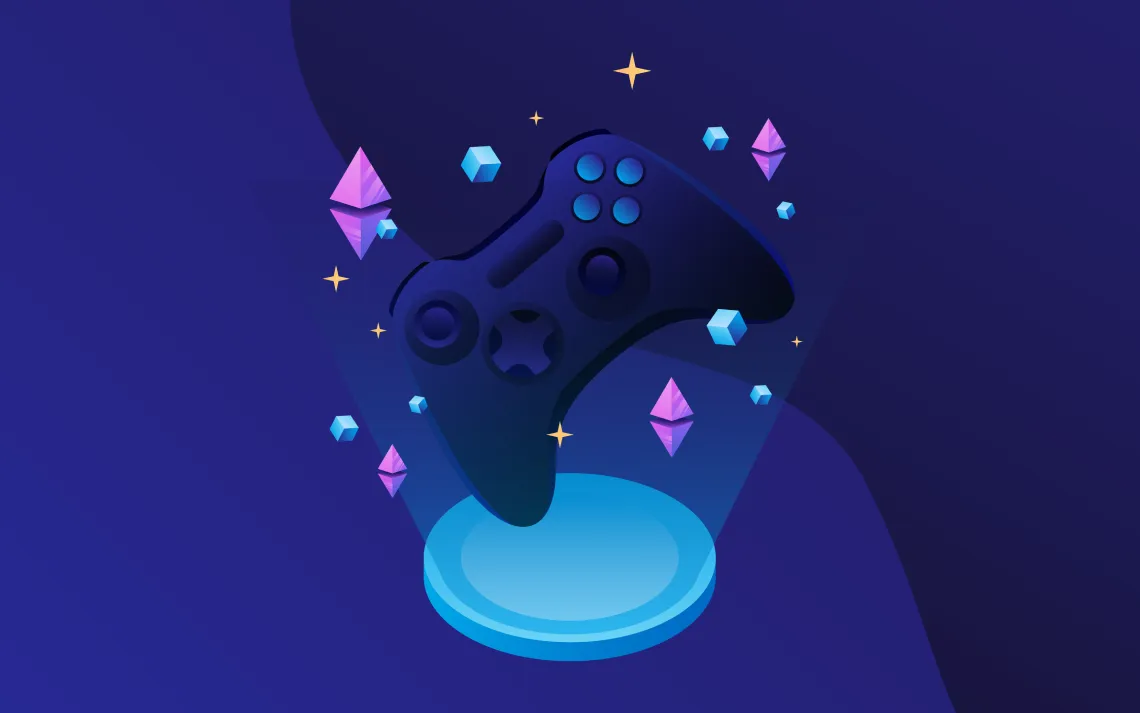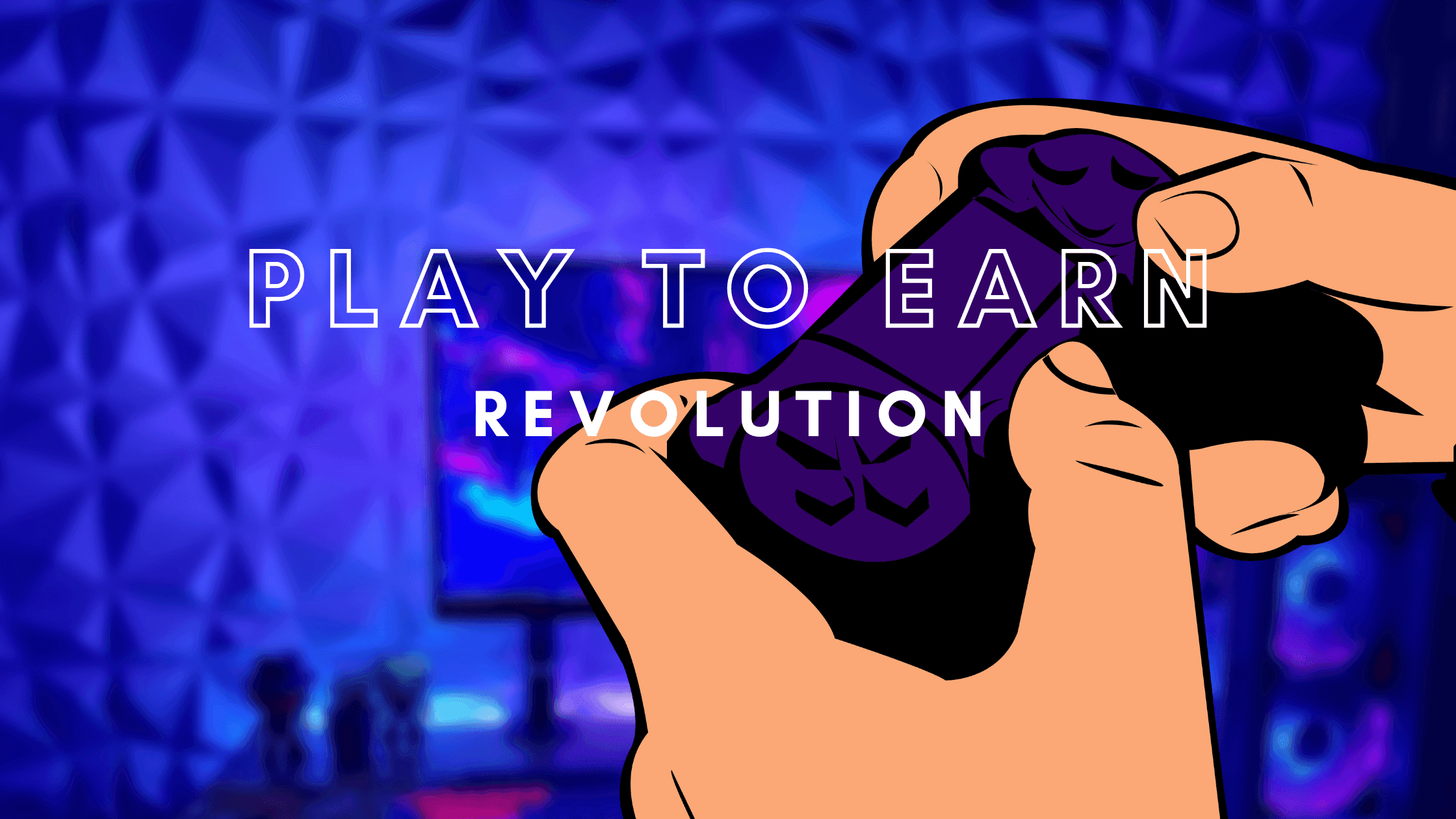In the dynamic realm of play-to-earn gaming, Chainlink emerges as a notable force, fundamentally altering the landscape for players and developers alike. As one of the industry's top decentralized oracle networks, Chainlink is ushering in an era of fairness, innovation, and cross-chain connectivity that promises to redefine the gaming experience.
In this article, we explore how Chainlink's decentralized oracle network is reshaping gaming, ensuring fair play with verifiable randomness, empowering in-game assets, and fostering cross-chain connectivity. Let's dive into a new era of play-to-earn gaming.

P2E Gaming Economies
Chainlink VRF
Imagine an MMORPG where a loot box holds a 0.001% chance of yielding the game's most powerful item. If the random number generator (RNG) governing this distribution could be manipulated, it would compromise the essential fairness that underlies robust gaming communities.
Chainlink's Verifiable Random Function (VRF) addresses this challenge by providing blockchain games with an unalterable and publicly auditable form of randomness. This ensures that the chance to obtain a rare NFT game item through a loot box remains fair for all participants.
Axie Infinity, for instance, utilized Chainlink VRF to guarantee the random generation of traits for Origin Axies, reinforcing their real-world value based on rarity, utility, and desirability.

Transparent Randomness
Beyond loot boxes, any randomized event impacting the outcome, such as damage output or the winner of player-to-player battles, benefits from the transparent randomness offered by Chainlink VRF.
This mechanism is especially crucial in play-to-earn games where every in-game element carries a tangible monetary value. By adopting Chainlink VRF, gaming platforms can enhance equity and uphold their integrity.
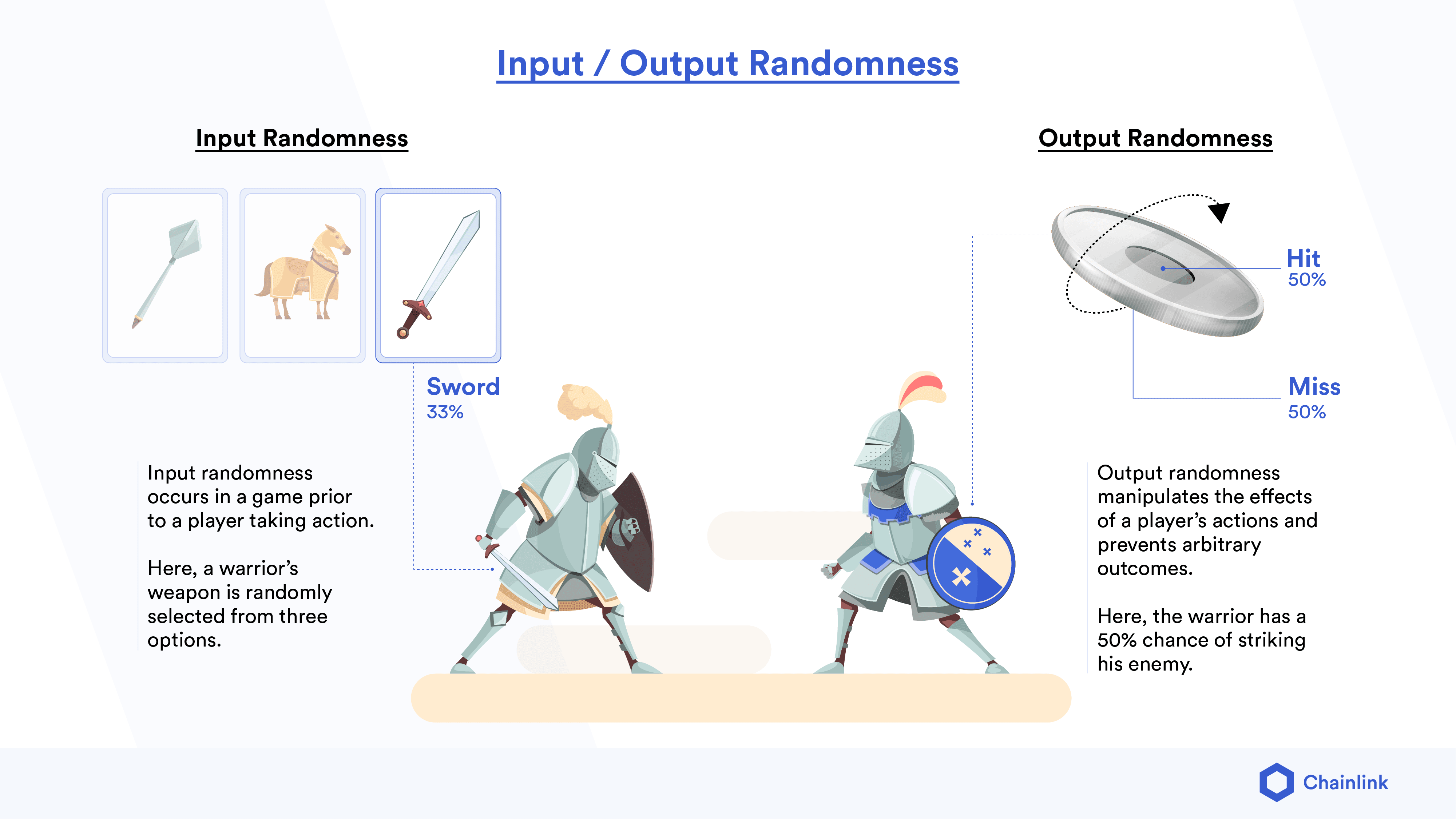
Chainlink Data Feeds
Chainlink Data Feeds empower blockchain games to build communities around dynamic NFTs, allowing in-game items to evolve based on real-world events and player statistics. For instance, a cosmetic weapon skin that changes based on gameplay stats adds a layer of uniqueness tied to a player's achievements.
Chainlink Data Feeds enable a tamper-resistant, cost-efficient, and transparent connection between on-chain NFT game assets and the game's backend system. Additionally, these feeds unlock the accessibility of NFT valuation data to smart contracts, opening avenues for innovative use cases, such as decentralized finance (DeFi) loans collateralized by valuable in-game items.
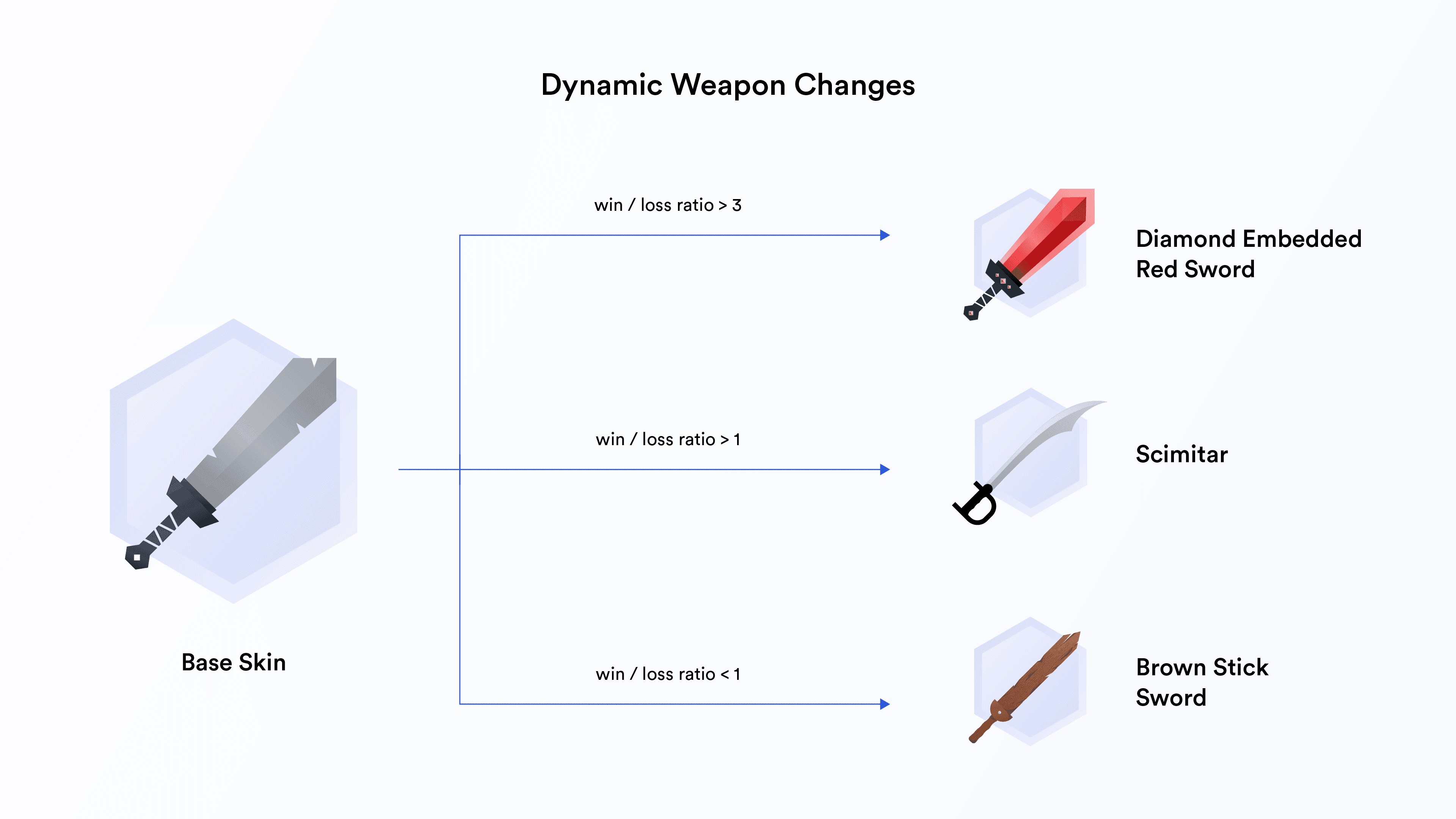
Reliable Automation
To ensure seamless gameplay, Chainlink Automation provides reliable automation for critical functions, such as managing the start and end of game rounds. This includes automating smart contracts to distribute rewards based on specific game results, enhancing service reliability and player engagement.
Cross-Chain Gaming and CCIP
The Cross-Chain Interoperability Protocol (CCIP) presents an open-source standard for blockchain interoperability, facilitating the seamless transfer of data and assets across blockchains.
This advancement holds the potential to create expansive video games, connecting NFTs, cryptocurrencies, and community governance across multiple blockchains. The resulting interconnection offers game publishers access to a broader player base, leading to increased competition, adoption, and a more efficient gaming economy.
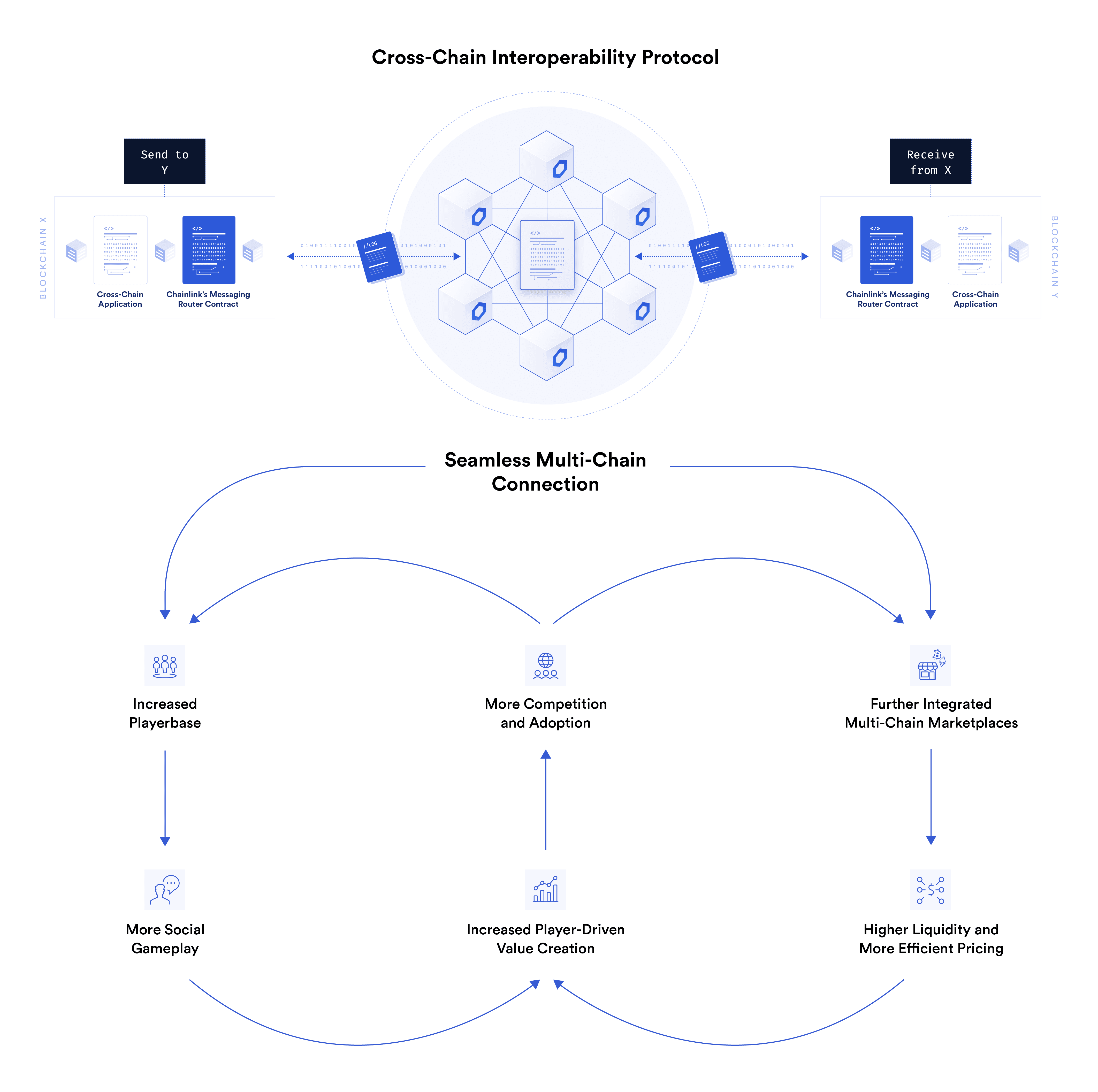
Final Thoughts
Play-to-earn gaming has the potential to reshape the video game industry, similar to how social media platforms transformed information sharing. The combination of NFTs, cryptocurrencies, and decentralized oracle networks can empower players to share the value of their gaming time, creating new economies through collective decision-making and verifiable ownership of digital assets.
As blockchain technology continues to evolve, the core principles of fairness, ownership, and open markets point toward a future where gamers are empowered in a flourishing ecosystem. The full potential of play-to-earn gaming is just beginning to unfold, promising a dynamic landscape driven by efficiency, opportunity, and inclusivity.
This article was inspired by an original blog post from Chainlink, you can read the full post on their website here for more information.

